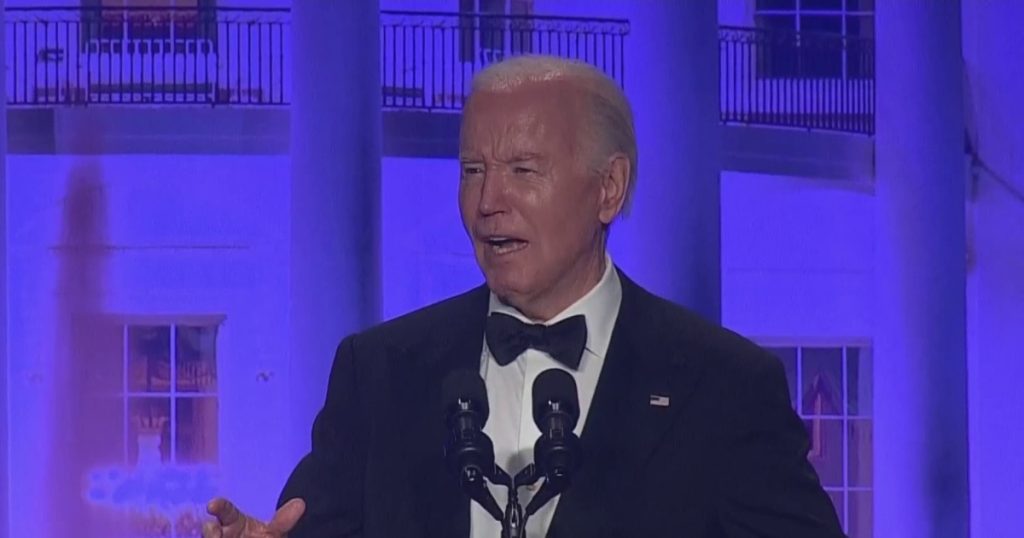The content discusses the importance of emotional intelligence in the workplace. It emphasizes that emotional intelligence, or EQ, is a crucial factor in determining an individual’s success in their career. The article explains that EQ encompasses attributes such as self-awareness, self-regulation, empathy, and social skills. These qualities enable individuals to better understand and manage their emotions, as well as effectively navigate social interactions and relationships.
Furthermore, the article highlights the impact of emotional intelligence on various aspects of professional life. Individuals with high EQ are better able to handle stress, remain calm under pressure, and make sound decisions, even in challenging situations. They are also more likely to exhibit strong leadership skills, as they can effectively communicate, motivate, and inspire others. Additionally, individuals with high EQ are more adept at building and maintaining positive relationships with colleagues and clients, leading to greater job satisfaction and overall success.
The content also delves into the role of emotional intelligence in conflict resolution. Individuals with high EQ are better equipped to address conflicts in a constructive and effective manner. They are able to remain objective, consider different perspectives, and find mutually beneficial solutions. This not only helps to improve team dynamics and productivity but also fosters a more positive and collaborative work environment. By leveraging their emotional intelligence, individuals can cultivate stronger relationships and resolve conflicts in a way that benefits both parties involved.
Moreover, the article discusses the importance of emotional intelligence in decision-making. Individuals with high EQ are more adept at making informed and thoughtful decisions. They are able to consider the emotions of others, as well as their own emotions, in the decision-making process. This leads to more balanced and well-rounded decisions that take into account both rational and emotional factors. By integrating emotional intelligence into their decision-making process, individuals can enhance their ability to navigate complex and ambiguous situations, ultimately leading to better outcomes.
In addition, the article explores the impact of emotional intelligence on career advancement. Individuals with high EQ are more likely to excel in their careers and progress to higher levels of leadership. Their ability to understand and manage emotions, as well as effectively communicate and collaborate with others, sets them apart as strong and effective leaders. Furthermore, individuals with high EQ are more adaptable and resilient, allowing them to thrive in fast-paced and ever-changing work environments. By honing their emotional intelligence skills, individuals can position themselves for long-term career success and advancement.
In conclusion, the article emphasizes the importance of emotional intelligence in the workplace and its significant impact on individual success and career advancement. By developing and leveraging emotional intelligence skills, individuals can enhance their leadership abilities, decision-making processes, conflict resolution techniques, and overall job performance. Ultimately, emotional intelligence plays a critical role in shaping individuals’ professional lives and has the power to propel them towards greater success and fulfillment in their careers.


